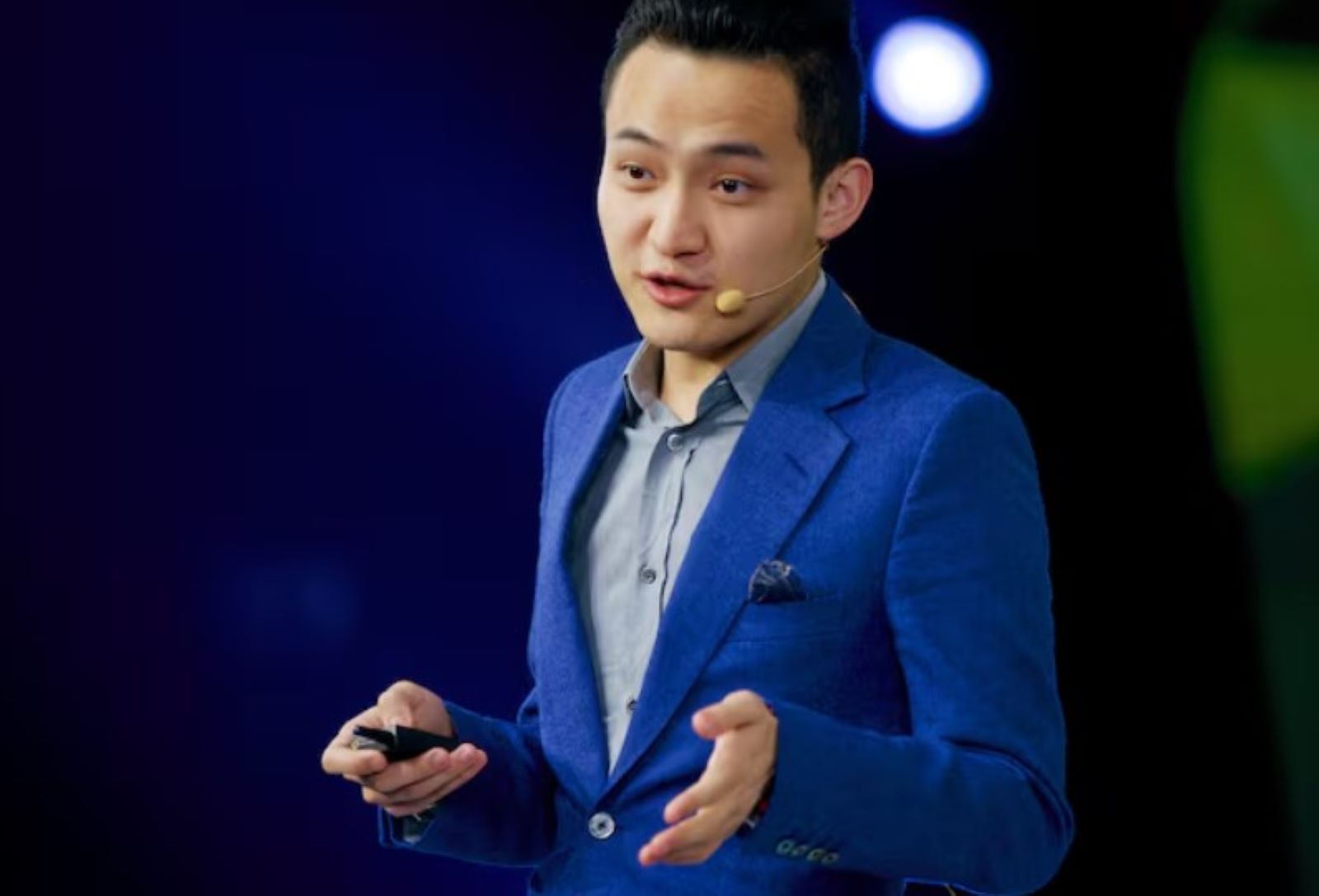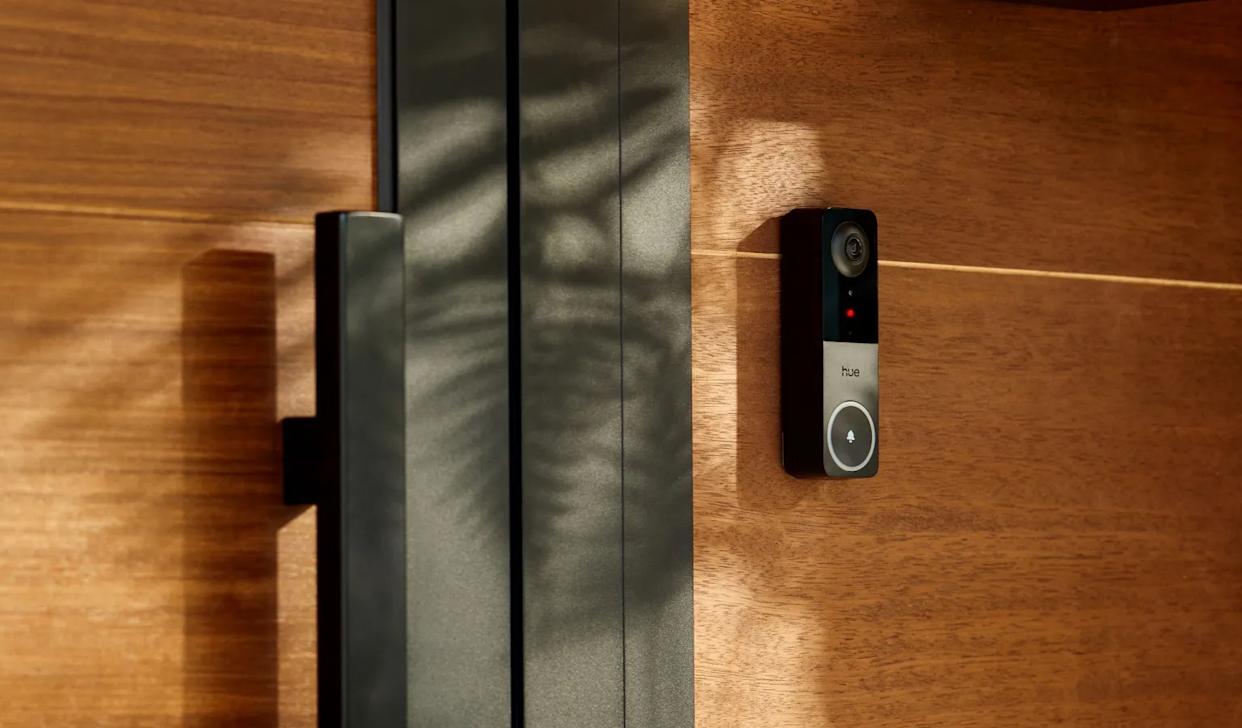Today, the California Supreme Court ruled that Alzheimers disease patients cannot be sued in the event that a private caregiver is injured while on duty with an Alzheimers patient.
The Court’s ruling came about due to a lawsuit that a private caregiver filed against a woman with Alzheimers disease and her husband. The woman says that she was told about the Alzheimers patient and her fighting habits before taking the job, but did not expect the patient to do what she did. After working for the Alzheimers disease patient for three years, the patient bumped into her while she was washing a large knife and her wrist was cut. She later lost feeling in several fingers, and was suing for damages and pain and suffering.
The Court ruled today that private caregivers cannot sue for damages when they choose to work in an environment with Alzheimers disease patients who can be given to fighting and violence as the disease progresses. The justice vote was 5-2, with five justices agreeing and two in disagreement. One judge, Justice Carole Corrigan wrote the majority opinion, stating that “It is a settled principle that those hired to manage a hazardous condition may not sue their clients for injuries caused by the very risks they were retained to confront,” Corrigan said.
Other justices such as Judge Laurence Rubin, disagreed, since “Not every patient with advanced Alzheimers is violent, and violence is not common during the disease’s early stages. Thus, exposure to violence is not inherent in caring for all Alzheimer’s patients.”
While it can be said that Alzheimers disease patients are not violent at all stages of the disease, the disease is of such a nature that it can turn ugly quickly. With the way Alzheimers disease can progress on a daily basis, suing families for the violent actions of Alzheimers patients is slippery business. How is it that a family can be responsible if the patient’s disease progresses to such an extent that the patient can turn violent in a matter of weeks?
How would doctors be able to intercept when an Alzheimers disease patient turns violent, or how would doctors know when a patient has reached that stage? The unpredictable nature of Alzheimers disease, as with many such as brain cancer (or cancer in general), necessitates that the patients themselves be protected from lawsuits. After all, the patient is the most important factor of this whole thing, anyway. The patient has no control over his or her body, no control over how their mind wanes away with the disease, and their families are not at fault for something that the person affected is doing. There should be no responsibility in these cases.
The seven-justice panel did not rule that private caregivers cannot take families to court over non-Alzheimers-related injuries, so caregivers can still sue in the event that an Alzheimers patient causes an injury that is not related to the individual’s condition. However, when private caregivers are on-duty and on-call, they, like public caregivers at hospitals and medical clinics, cannot sue for a work-related injury.
As Justice Corrigan said, private caregivers are hired to help with Alzheimers disease patients who are out of control. To allow private caregivers to sue in these situations is the same thing as punishing the Alzheimers patient for something over which he or she (or family) have no control. Medical aides and nurses must understand that these life-threatening diseases affect the brain as well as all parts of the human anatomy – and they can turn ugly at any time. The unpredictable nature of the medical field is something that medical officials must learn to live with.








Add Comment